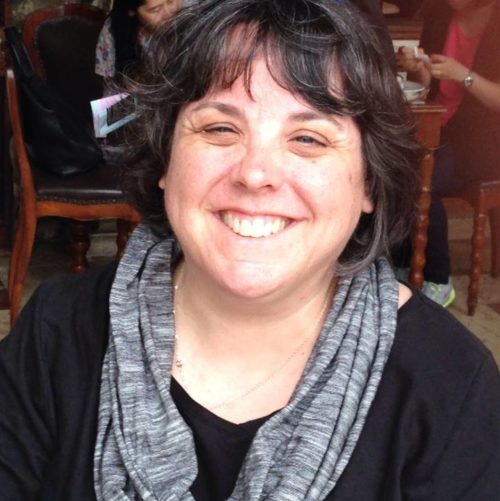The poet Donald Hall died on Saturday after a long, distinguished career, including a stint as US Poet Laureate in 2006-2007.
Though he had been an important, award-winning writer for many years (see here and here for a sense of the magnitude of his career), Hall came to my attention first through his second wife, the poet Jane Kenyon. From the minute I discovered Kenyon while I was in grad school in the early 1990s, I resonated with her commitment to what she termed the “luminous particular,” to her negotiation of the “quotidian mysteries,” and she became–and remains–one of the most significant poets in my personal canon. The 1993 Bill Moyers’s documentary, A Life Together: Poets Donald Hall and Jane Kenyon, then, introduced me to Hall as well, even if his poems did not speak to me beyond the level of appreciation.
That is until I came across his poem, “Distressed Haiku,” in The Atlantic in April 2000. Jane Kenyon had died of leukemia in April 1995–and in the succeeding years, Hall had been immersed in the exploration of his grief, including in places such as his beautiful collection, Without.
Five years after Kenyon’s death, Hall’s “Distressed Haiku” is a masterpiece of the navigations of the grieving. Maybe because my own mother had died quite suddenly only a year before, I found Hall’s lines especially meaningful. I still do. I share it today to honor him.
In many ways, the poem follows on Kenyon’s “Let Evening Come,” which gorgeously consoles in its own closing lines:
“Let it come, as it will, and don’t
be afraid. God does not leave us
comfortless, so let evening come.”
But while Kenyon’s poem is about the preparation for death, Hall’s is about living in the aftermath of loss. It moves in lament through its first ten lines from Hall’s desire to be near Kenyon again, if only at her grave, to the remembrance of their anniversary and his emotional exhaustion (“I finished April/halfway through May”).
And then comes the emotional gut-punch in the center stanza of the poem, one of the most honest articulations of grief I’ve ever read, a line that comes to mind often:
“You think that their
dying is the worst
thing that could happen.
Then they stay dead.”
And yet…even in unvarnished bereavement, the last two stanzas move towards hope, towards the miraculous upending of everything expected (this poem was written before the Red Sox were finally redeemed). The cheeky self-chiding, “Will Hall ever write lines that do anything but whine and complain,” particularly in light of the image of the mountain’s Easter-like rebirth, signals a recognition that all is perhaps not loss. April may indeed be the “cruelest month” in its mixing of “memory and desire,” the yearning for those who are gone and remain gone, but it is also (often) the month of the resurrection when “the dead return.”
Thanks be to God. RIP Donald Hall.
Distressed Haiku
In a week or ten days
the snow and ice
will melt from Cemetery Road.
I’m coming! Don’t move!
*
Once again it is April.
Today is the day
we would have been married
twenty-six years.
I finished with April
halfway through March.
*
You think that their
dying is the worst
thing that could happen.
Then they stay dead.
*
Will Hall ever write
lines that do anything
but whine and complain?
In April the blue
mountain revises
from white to green.
*
The Boston Red Sox win
a hundred straight games.
The mouse rips
the throat of the lion
and the dead return.

